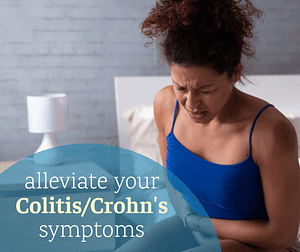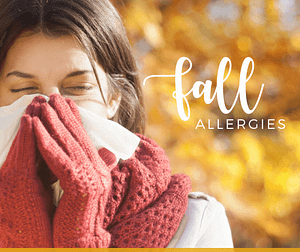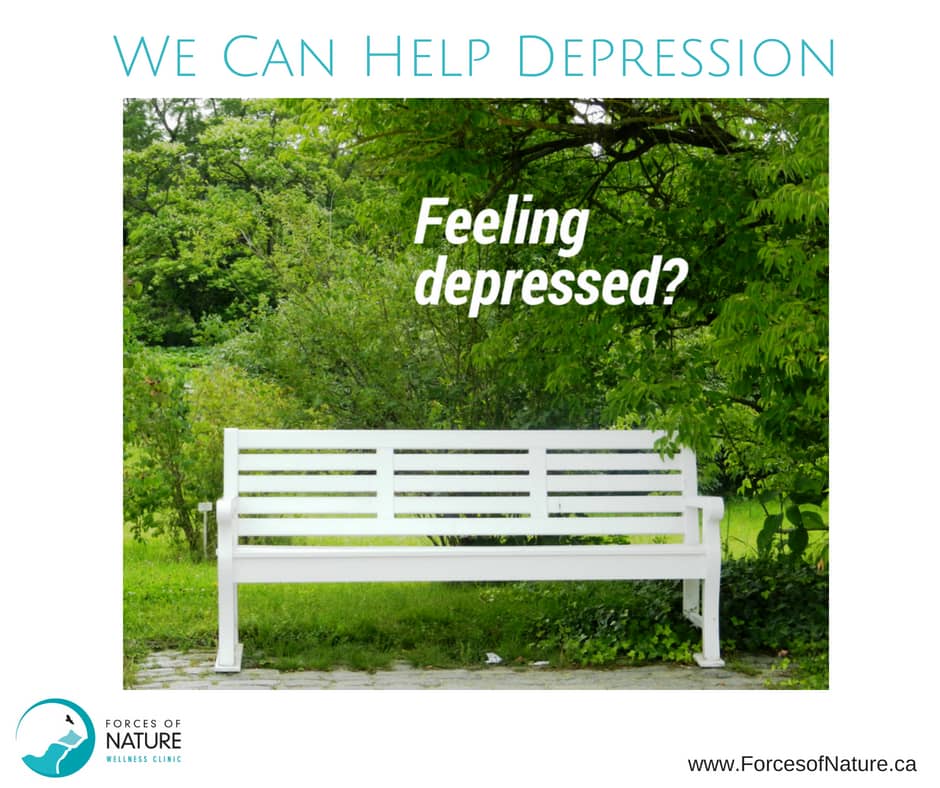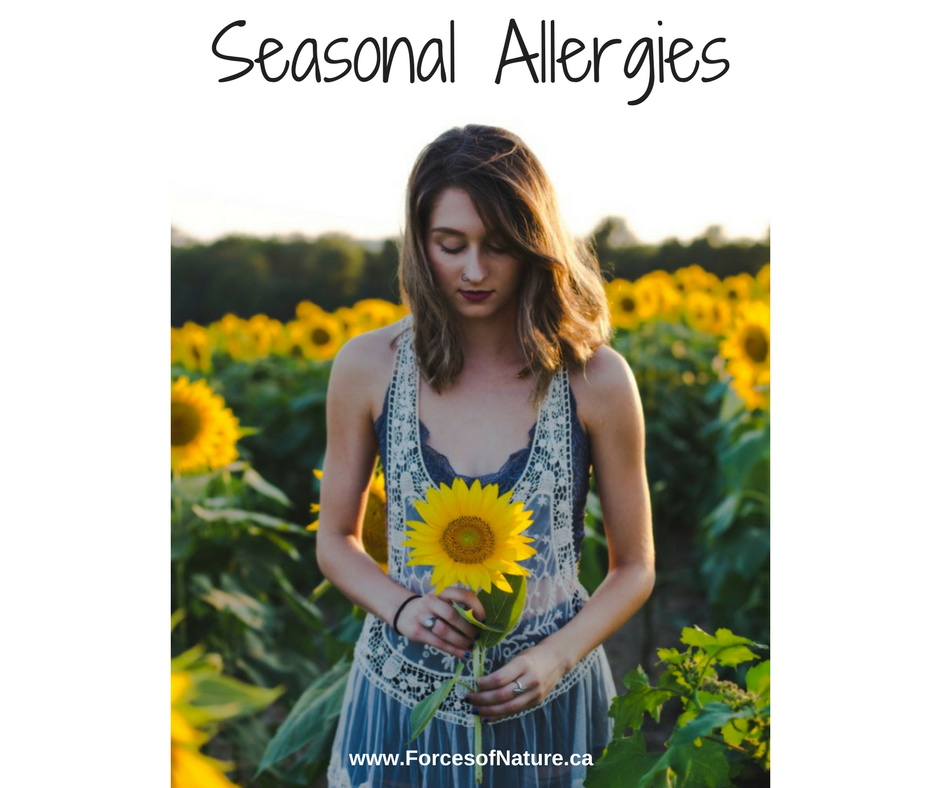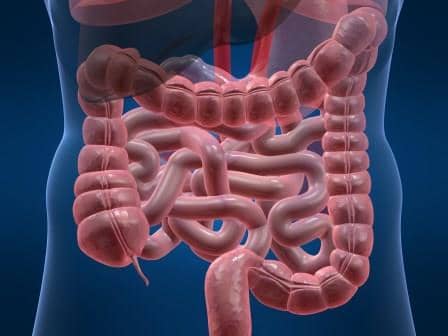
Having hypothyroidism, or underactive thyroid, means that your thyroid gland is not producing enough thyroid hormone or T4. Low levels of T4, means reduced effects of thyroid hormone on your entire body.
Thyroid hormones play roles in a wider range of physical functions than most of us realize. So, when those hormone levels get out of whack, your entire body suffers. There are a number of reasons why your thyroid stops working properly. The causes of thyroid dysfunction range from nutritional deficiencies to radiation. One of the most common reasons why your thyroid isn’t working well is an autoimmune condition called Hashimoto’s Thyroiditis. Never heard of it? Well, odds are that you have never been tested for it, even if you have an obvious thyroid problem.
Hashimoto’s Thyroiditis Is More Common Than You May Think
Hashimoto’s Thyroiditis is the most common cause of hypothyroidism. It affects approximately 10% of women over the age of 30. Some studies put the incidence of Hashimoto’s as high as five percent of the overall population.
What is Hashimoto’s?
This condition gets its name from the Japanese doctor who first identified it in 1912. Hashimoto’s is an autoimmune disorder. In other words, if you have Hashimoto’s, your immune system views your healthy thyroid as a threat to your well-being, and attacks it in response. Why exactly this happens is still a bit of a mystery. Some of the theories as to why this occurs include:
- Epstein-Barr virus. This is a virus that is common. It is associated with mononucleosis or “kissing disease” in teenagers. Infected teens often need to sleep for a month to get through this. However, up to 90% of us have picked up EBV. Not all of us exhibit the classic symptoms of mono. Supporting evidence for this theory includes electron microscopy showing EBV in the thyroid of people who are affected by Hashimoto’s. Correlation of EBV in the thyroid with Hashimoto’s does not mean that it causes the disease, but it might.
- Strep bacteria. Streptococcus is a kind of bacteria that causes Strep throat. Because of the proximity of your thyroid to your throat, it is possible that Strep bacteria could create inflammation and immune system irregularities in the thyroid.
- Leaky gut. Since 70-80% of your immune system resides in your gut, if there is an imbalance in your gut, it creates disordered immune system function.
Autoimmune disorders like this are frustrating since they often don’t have a direct, easily identified cause. They are also tricky to diagnose. In fact, up to 60 percent of people who have a thyroid issue don’t know that they have it. Even if you are being treated with thyroid medication, you may still feel unwell. That’s because the antibodies that are attacking your thyroid is what is making you feel unwell.
How Is Hashimoto’s Diagnosed?
Many conventional medical doctors run just one test for thyroid problems – Thyroid Stimulating Hormone (TSH). However, because thyroid problems are complex, the result doesn’t always provide an accurate reflection of your thyroid function. A high TSH level indicates that your body is trying very hard to stimulate an under-active thyroid gland, however, it doesn’t tell us why. And, a normal TSH result does not rule out more complex issues like Hashimoto’s. I have seen a normal TSH many times, even a normal T3 and T4, but still the presence of thyroid antibodies that will damage your thyroid.
For a thorough evaluation of your thyroid health, more in-depth testing is essential. After all, your body works as an integrated unit, and TSH is just one piece of the puzzle. In order to fully assess your thyroid, two things need to happen:
- Thorough thyroid blood testing. This includes testing for TSH, free T3, free T4, anti-TPO, anti-thyroglobulin, and reverse T3.
- Interpretation of your blood tests in the context of ensuring that your various levels are ideal or optimal. Lab ranges are NOT based on what is optimal or even necessarily healthy, they are only averages of whomever the lab has tested, including sick and dying people.
Only if these two criteria are met can you be fully assured that your thyroid is working perfectly normally.
What Increases Your Risk for Hashimoto’s?
Existing Autoimmune Disease
Your risk for developing an autoimmune disease is greatest at middle age. Having another autoimmune disorder (such as lupus, Celiac disease, or rheumatoid arthritis) makes you more vulnerable to Hashimoto’s. Likewise, having Hashimoto’s puts you at greater risk of other autoimmune diseases, such as those already mentioned.
Women
Certain conditions make it more likely that you will develop Hashimoto’s. For example, women are from five to eight times more likely to develop the disease.
Gluten Intolerance
Some research has linked Hashimoto’s to diets high in gluten. Although gluten doesn’t directly cause Hashimoto’s, gluten consumption does seem to increase the risk for autoimmune disorders in general. Interestingly, people with Celiac disease are three times more likely to have a thyroid problem. I recommend that patients who are diagnosed with Hashimoto’s have a blood test for Celiac disease before removing gluten from their diet.
Stress
Other research suggests a link between chronic stress and Hashimoto’s. This connection could be due to the interaction between stress and our immune systems. If the theory that Hashimoto’s is caused by a virus invading your thyroid, it makes sense that stress, which lowers your immune function, would play a role in allowing a virus to invade your thyroid.
What Are The Symptoms Of Hashimoto’s?
The symptoms of Hashimoto’s often materialize gradually, which is why they go unnoticed initially. As your thyroid gets more damaged, you will find you become increasingly tired. In fact, overwhelming fatigue is one of the most common complaints with this disease.
You may also experience a long list of disruptive symptoms, including:
- Cold intolerance
- Depression
- Memory issues
- Mental lethargy or foggy thinking
- A hoarse voice
- Low libido
- Weight gain or difficulty losing weight
- Muscle aches
- Thinning hair, hair loss or excessive hair shedding
- Dry skin
- Constipation
- Fertility problems
- A slow heart rate
- A lump or a sensation of a lump in your throat, due to an enlarged thyroid
Many of the symptoms listed above are easy to blame on other health issues. You may just attribute them to age or stress. However, the long term-effects of unaddressed Hashimoto’s will greatly affect your quality of life. Over time, low levels of thyroid hormone will lead to elevated cholesterol levels and the development of other autoimmune disorders. That’s why it’s important to seek help if you suspect Hashimoto’s.
Having Trouble Managing Hashimoto’s?
Hashimoto’s is typically treated with thyroid hormone replacement, such as Synthroid or Levothyroxine, to restore the normal levels of T4. However, many patients have difficulty finding the exact level of supplementation to alleviate their symptoms. If the autoimmune attack is ongoing, there can be wide fluctuations in your own T4 levels which makes finding the right dose of T4 challenging.
A naturopathic approach aims to address the root cause of the autoimmune condition, in addition to supporting the thyroid and using thyroid hormone supplements as needed. This usually means making improvements to your overall health and balancing other hormone levels to support the whole system.
Supplements For Hashimotos’s
Natural supplements that help Hashimoto’s include:
Selenium
Selenium is an essential co-factor for healthy thyroid function. It is a trace mineral that is abundant in Brazil nuts. Eating 2-3 Brazil nuts per day supplies plenty of selenium for optimal thyroid activity.
Vitamin B12
Vitamin B12 helps your nervous system to work normally. Vegetarians, vegans and those on antacid medications are at risk of B12 deficiency. Symptoms like tingling, burning, numbness, sharp pain, balance or coordination problems and even dementia can be signs of a B12 deficiency. B12 is only available through the consumption of animal foods like dairy, eggs, chicken, fish, and meat. Vegans must supplement with B12.
Zinc
Zinc is another key co-factor for healthy thyroid operation. This mineral is found in egg yolks, beef, pumpkin seeds, and shellfish.
Ashwagandha
Ashwagandha is an Ayurvedic herb that helps your thyroid to convert the hormone T4 into the more active form, T3. It is also an adaptogen that helps you handle stress. For some people it helps with sleep and it may help improve testosterone production in men.
Lifestyle changes To Support Thyroid Health
Healthy lifestyle habits have a positive effect on Hashimoto’s, including:
Watch Your Gluten Intake
Gluten and autoimmunity are interconnected. There is a significant correlation between Hashimoto’s and Celiac disease. As a result, I recommend people who have been diagnosed with Hashimoto’s have blood work done to check for Celiac disease. AFTER testing, it is usually a good idea to reduce the amount of gluten in your diet for anyone with thyroid problems. Quinoa and rice are both gluten-free replacements. With all of the products made from almond flour, coconut flour, bean flours, rice/potato flour, it’s easier than ever to follow a gluten-free diet. Keep in mind that the goal is to add variety to your diet, so avoid replacing all gluten products with highly processed corn or rice-based versions.
Reduce the amount of sugar that you eat (and drink)
This includes sugar substitutes, which have been directly linked to Hashimoto’s. Artificial sweeteners lower the number of “good” bacteria in your gut. This negatively impacts autoimmune disorders by allowing overgrowth of bacteria or yeast that damage your gut and creating a disordered immune system.
Reduce stress
Yes, that’s easier said than done in today’s busy world! However, it’s also important to remember that looking after your own health (even if that means cutting back on your responsibilities) will ultimately make you better able to look after your loved ones and your other responsibilities. As the saying goes, you can’t pour from an empty cup, so taking care of yourself is step one in taking care of others.
Focus on natural, high-fibre foods
Because of the important link between gut health and immunity, keep your gut in top shape by consuming enough fibre to keep things moving. Soluble fibre also acts to nourish good bacteria in your gut. These digest soluble fibre and turn it into fuel for your gut wall.
If you can relate to the symptoms of Hashimoto’s described above see one of our naturopathic doctors for thorough thyroid testing. Or, if you’ve already been given a diagnosis of Hashimoto’s but are having trouble managing your symptoms, let’s talk. Together we can get a handle on your thyroid levels so that you can start feeling like yourself again.
By Dr. Pamela Frank, BSc(Hons), Naturopathic Doctor
Natural Medicine for Hashimoto’s: Research
https://www.ncbi.nlm.nih.gov/pmc/articles/PMC6221534/
https://www.ncbi.nlm.nih.gov/pubmed/28829155
https://www.ncbi.nlm.nih.gov/pubmed/30060266
https://www.ncbi.nlm.nih.gov/pmc/articles/PMC6688766/
